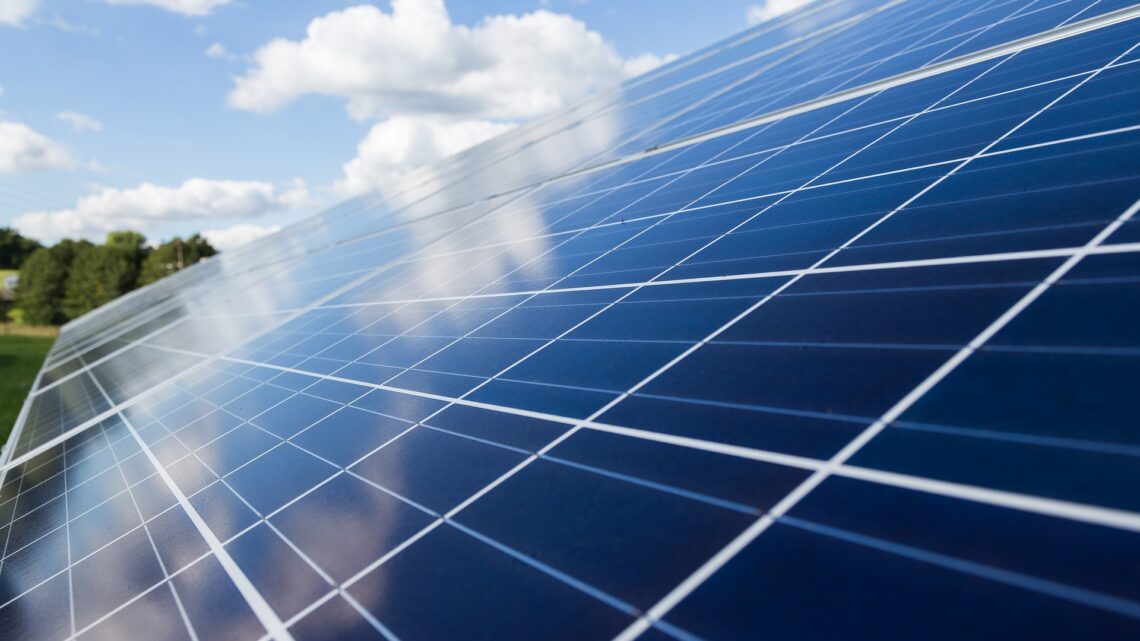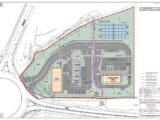
“In recent weeks food security, after much lobbying from MPs and many stakeholder groups, has made its way up the political agenda.
Climate change has been taking its toll this winter/spring all over the country. Farmers in particular have been massively affected by the continual rainfall finding either that their winter wheat is waterlogged and won’t grow, or that the land has been too wet to drill new crops. In either scenario it means yields will be down significantly come harvest time; farmers’ incomes will be squeezed; the UK will have to import more food to compensate for lower yields pushing up food prices; in some instances there may be temporary food shortages whilst retailers adjust to the changes.
Many rural MPs have been working hard lobbying the government to change their planning policy on solar to focus on rooftop and brownfield installations, rather than sacrifice productive agricultural land and in the process destroy valued landscapes and biodiversity for future generations.
The UK Solar Alliance (UKSA), our national group representing 125 campaign groups, has also been working hard putting our arguments forward to the government. Government representatives have started a dialogue with UKSA and even ventured out to talk to the group at the National Rally held in Westminster on 18th April.
On Tuesday this week the government held the second annual UK Farm to Fork Summit where next steps were unveiled to support British farmers and enhance food security.
Then on Wednesday the SoS (Claire Coutinho) issued a Written Ministerial Statement (WMS) to Parliament about food security to take immediate effect. It places increased emphasis on protecting Best and Most Versatile land (BMV); it plans to consider more carefully the cumulative impact on local communities of clustered schemes; it plans to introduce some independent scrutiny of developers’ reports as currently ‘they mark their own homework’; it also plans to promote more solar on rooftops and brownfield sites recognising the many barriers that need to be removed which are restricting growth. It is certainly a step in the right direction, more still needs to be done.
On Thursday the announcement was made to delay the Mallard Pass decision until 13th June, (Now further delayed due to the General Election) not unexpected following the numerous delays to the Sunnica solar farm decision since September last year and the WMS announcement the day before.
Whilst energy security is incredibly important, it feels the government is finally starting to take food security far more seriously.
As we wait for the final decision on Mallard Pass we would like to say a big thank you to Alicia Kearns MP for her continued support and collaboration in opposing this scheme. We will all keep fighting until the very end and remain hopeful common sense will prevail.”





